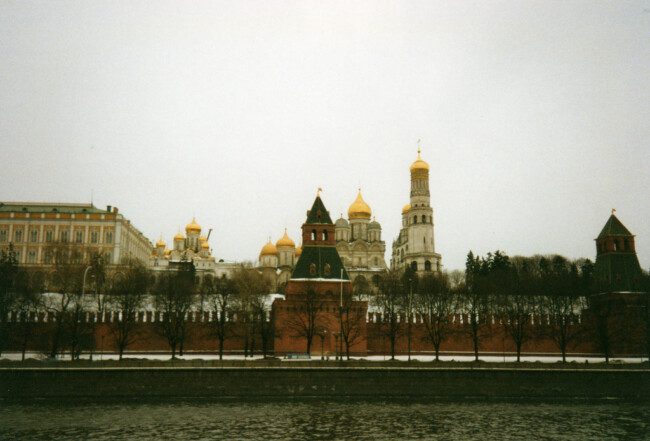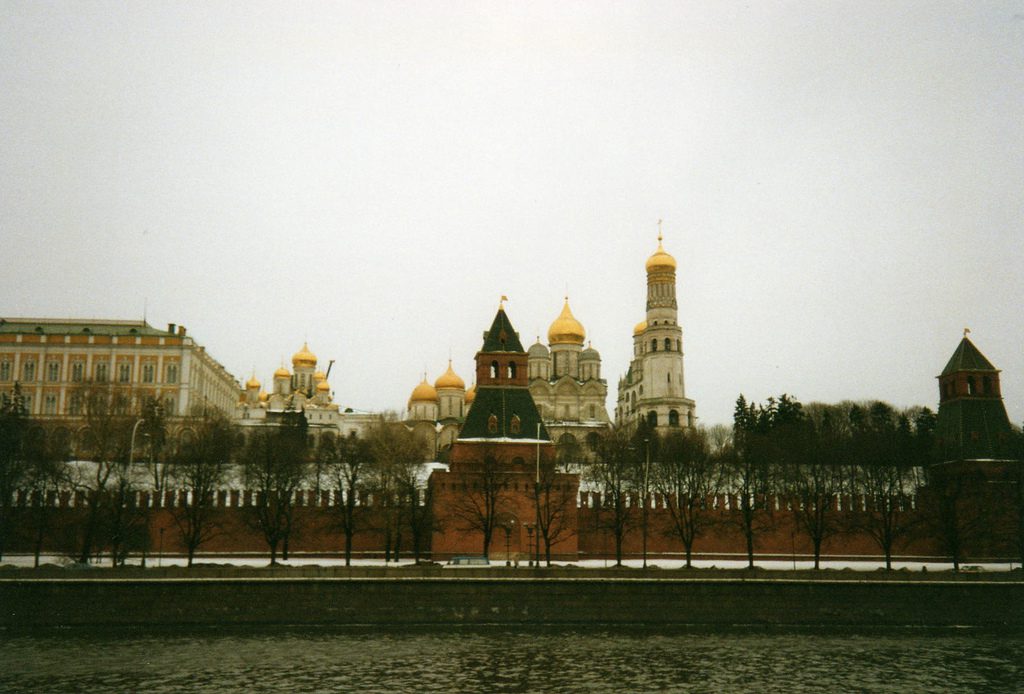
On Friday, Feb. 16, 2018, the Department of Justice charged 13 Russians and three companies in an indictment that revealed an intricate network designed to undermine the 2016 United States Presidential Election and support Donald Trump’s presidential campaign.
The 13 Russians stole the identities of American citizens, pretended to be political activists, and used the issues of immigration, religion, and race to manipulate the campaign. These issues were already divisive in the campaign, according to prosecutors.
Some of these Russians were in contact with “unwitting individuals associated with the Trump campaign,” according to court records. The special counsel leading the investigation, Robert S. Mueller III, did not accuse Trump or his associates of knowing about the conspiracy.
According to the 37-page indictment, Russian conspirators wanted to “promote discord in the United States and undermine public confidence in democracy.” According to the Justice Department, Mueller’s work is incomplete. The indictment does not address the hacking of DNC computers or if Trump obstructed the FBI investigation. Mueller is talking with Trump’s attorneys about a possible interview.
The Russian operation began four years ago, before Trump entered the presidential race. A fact Trump quickly used in his defense on Twitter. He tweeted:
Russia started their anti-US campaign in 2014, long before I announced that I would run for President. The results of the election were not impacted. The Trump campaign did nothing wrong – no collusion!
However, by 2016, the Russians were supporting the Trump campaign and degrading his opponent Hillary Clinton. According to court documents, during that time, the Russians were “waging information warfare against the United States of America.”
The New York Times reported that Mueller had gathered significant evidence of contacts between Russia and the Trump campaign.
• Donald Trump Jr. met with a Russian lawyer hoping for political dirt on Clinton
• An adviser admitted he was tipped off before Russians hacked the DNC emails
• Another adviser was in contact with a Twitter account used by Russian hackers
• A federal judge found probable cause that a third adviser was a Russian agent
• The Trump campaign repeatedly denied any contact with Russia
The Russian operatives were advised to focus on the purple battleground states including Virginia, Colorado, and Florida, by an unidentified American citizen. These Russians were sent to gather information and create political discord in an already divided America.
According to prosecutors, in August 2016, Russians posed as Americans and organized rallies with the Trump campaign in Florida.
Allegedly, Russian nationals were working through the Internet Research Agency, which had a large budget designed to reach millions of American citizens.
The Internet Research Agency was created out of St. Petersburg in 2014.
None of the 13 indicted Russian nationals were arrested. Russia does not extradite to the United States. However, prosecutors will use these indictments to “name and shame” the operatives, which will make it harder for them to repeat these actions in the future. Also, if the named operatives attempt to travel abroad, they risk capture and extradition.
There were day and night teams of Russian computer specialists who created hundreds of social media accounts. These accounts accumulated hundreds of thousands of followers online. The Russians pretended to be ant-immigration groups, Christians, supporters of Black Lives Matter, and one account posed as the Tennessee Republican Party, according to prosecutors.
According to the indictment, there were different divisions of the Internet Research Agency that were in charge of data analysis, graphics, and information technology.
As the operation was discovered, one of the 13 Russians indicted, Irina Viktorovna Kaverzina, wrote, “I created all these pictures and posts, and the Americans believed that it was written by their people.”
Russian tasks included disparaging the Clinton campaign, by supporting her Democratic rival Bernie Sanders. The instructions were detailed in documents. They said, “Use any opportunity to criticize Hillary and the rest (except Sanders and Trump – we support them).” Mueller identified 13 digital ads that were paid for by the Russian operation. The advertisements either attacked Clinton or promoted Trump. One ad stated, “Hillary is a Satan, and her crimes and lies had proved just how evil she is.”
In the summer of 2016, Clinton appeared to be headed for an election victory. However, the Russians promoted the allegations of Democratic voter fraud, which echoed Trump’s own message.
After the election, the Russians continued their efforts to stir up dissent. In November, they staged two rallies, in New York, on the same day. One theme was “Show your support for President-elect Trump,” the other, “Trump is NOT my President.”
The indictment does not say if the Russians changed the outcome of the election. Rod Rosenstein repeatedly stated that officials of the intelligence committees said there is no way to calculate the effects of Russian influence.
According to documents obtained by The New York Times, the Federal Election Commission started an inquiry into the Internet Research Agency last year, after Facebook proved the agency paid over $100,000 for political ads, including ones promoting “Down With Hillary” rallies. They also used their American followers to organize other political rallies across the United States.
The Russian operatives used Facebook and Instagram to gather information and followers to involve in their conspiracy. The social network was used more than any other technological tool, according to the indictment.
Mueller does not accuse Facebook of any wrongdoing; however, the indictment provided the first comprehensive account from authorities. It shows how the social media platform was critical to the Russian campaign used to disrupt the 2016 election. Facebook and Instagram are mentioned 41 times, PayPal 11, Twitter nine times, and YouTube once in the indictment.
The New York Times stated that, “It is unprecedented for an American technology company to be so central to what authorities say was a foreign scheme to commit election fraud in the United States.”
“The indictment laid bare how effectively Facebook could be turned against the country,” according to the research director for Digital Journalism at Columbia University’s Tow Center, Jonathan Albright. He said the Russians used Facebook tools to profile and manipulate American citizens.
Facebook gave them everything they needed.
According to Mark Zuckerberg, 150 million Americans saw the Russian propaganda on Facebook and Instagram. Since this admittance, Facebook has hired thousands of people to monitor content and is cooperating with Mueller. Also, any advertisement that mentions a candidate must go through a more stringent vetting process.
The inquiry was prompted by a complaint filed by Common Cause, a government watchdog group. They alleged that the Facebook advertisements violated the prohibition on foreign spending and the requirements that mandate the disclosure of campaign spending.
Dimitri S. Peskov, a Kremlin spokesman said that Russian officials are not yet familiar with the document.
Mueller also revealed that Richard Pinedo, of Santa Paula, California, pleaded guilty to identity fraud. He was involved in case that included the sale of bank accounts over the internet. Some of his customers are foreigners and targets of the Mueller investigation.
By Jeanette Smith
Sources:
The New York Times: 13 Russians Indicted as Mueller Reveals Effort to Aid Trump Campaign
The New York Times: To Stir Discord in 2016, Russians Turned Most Often to Facebook
The Washington Post: Russian troll farm, 13 suspects indicted in 2016 election interference
Image Courtesy of David Holt’s Flickr Page – Creative Commons License



